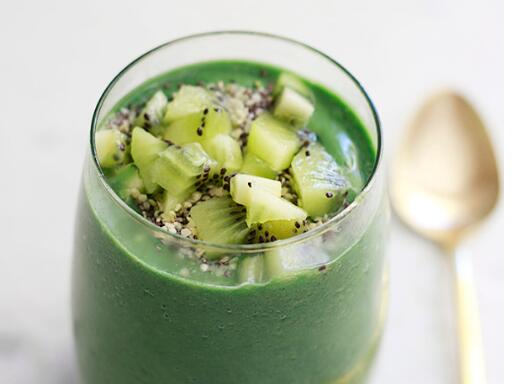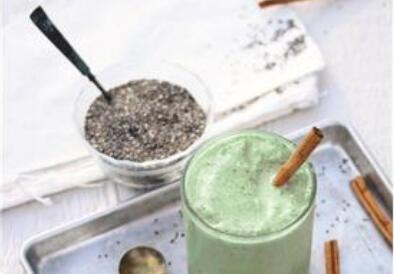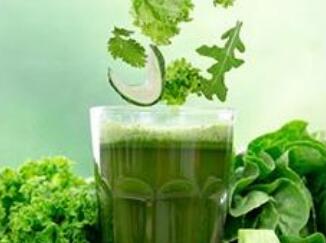Antioxidants often appear in discussions about health and disease prevention. These powerful substances come mainly from fresh fruits and vegetables we eat, which prohibit (and in some cases even prevent) the oxidation of other molecules in our bodies. The benefits of antioxidants are important for health, because free radicals can cause a variety of diseases and chronic diseases if they are not challenged.
Antioxidants and Free Radicals
The human body naturally produces free radicals and antioxidants to counteract their destructive effects. However, in most cases, free radicals far exceed natural antioxidants. In order to maintain a balance, external sources of antioxidants must be continuously supplied to maximize the benefits of antioxidants. Antioxidants benefit the body by neutralizing and removing free radicals from the blood.
Different antioxidants benefit different parts of the body
A variety of antioxidants have been found in nature, because they are diverse, and different antioxidants provide benefits for different parts of the body. For example, beta-carotene (and other carotenoids) are very good for eye health; lycopene helps maintain prostate health; flavonoids are especially good for heart health; and proanthocyanidins are good for urinary tract health
Benefits of antioxidants and skin health
When skin is exposed to high levels of ultraviolet radiation, photooxidative damage is induced by the formation of active substances of different types of oxygen (including singlet oxygen, superoxide free radicals and peroxide free radicals). These forms of reactive oxygen species damage cell lipids, proteins and DNA, which are thought to be the main causes of erythema (sunburn), premature skin aging, photodermatosis and skin cancer.
Astaxanthin, followed by beta-carotene combined with vitamin E, has proved to be one of the most powerful antioxidant combinations, helping to protect skin from the effects of reactive oxygen species.
Antioxidants and immune system support
Singlet oxygen can damage the immune system because it has the ability to catalyze the production of free radicals. Astaxanthin and Spirulina have been shown to enhance nonspecific and specific immune systems and protect cell membranes and DNA from mutation. Astaxanthin is the strongest quencher of singlet oxygen, 10 times stronger than other carotenoids (including beta-carotene) and 500 times stronger than alpha tocopherol (vitamin E). Spirulina platensis contains a variety of antioxidants and other substances that can improve immunity.
Other methods of antioxidants contribute to a person's health
Increasing one's antioxidant intake is essential for optimal health, especially in today's highly polluted world. Because the body cannot keep up with the production of antioxidants, large amounts of these vitamins, minerals, phytochemicals and enzymes must come from a person's daily diet. Increasing your antioxidant intake can help provide additional protection for your body:
- Heart problems
- Eye problems
- Memory issues
- Emotional disorders
- Immune system problems
Disclaimer:
The information provided is for educational purposes only and does not constitute medical advice. If you have any questions or doubts about your health, always seek advice from your doctor or qualified health care provider. Consult your doctor before starting any exercise program. Don't ignore or delay seeking medical advice because of what you have heard or read in this article or on the Internet.
 How to eat in autumn, eat these help to keep health
How to eat in autumn, eat these help to keep health Dietary method of regulating the stomach in autumn
Dietary method of regulating the stomach in autumn More sun in the autumn, pay attention to diet to help prevent sleep
More sun in the autumn, pay attention to diet to help prevent sleep Introducing some winter tonic food
Introducing some winter tonic food 5 tips for staying mentally fresh while training
5 tips for staying mentally fresh while training These parts should keep warm in winterThese parts should keep warm in winter
These parts should keep warm in winterThese parts should keep warm in winter
